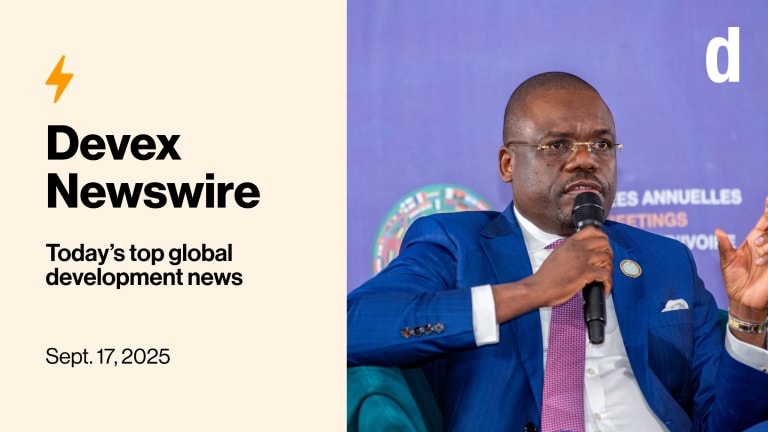In May of this year, Narendra Modi’s government passed a new amendment to India’s “Foreign Contribution Regulation Act (FCRA),” blocking foreign-funded NGOs from distributing “news content” to their audiences.
Any organization with an FCRA registration found doing so will have it suspended; and any foreign-funded NGO already distributing news content and applying for an FCRA will be denied. Why does that matter? Without an FCRA registration in India, an NGO cannot receive funding from abroad.
The amendment left many NGOs across the country scrambling. What constitutes news content? Does it include policy briefs? Newsletters? Advocacy papers? Program data?
Printing articles to share with others is a breach of our terms and conditions and copyright policy. Please use the sharing options on the left side of the article. Devex Pro members may share up to 10 articles per month using the Pro share tool ( ).




